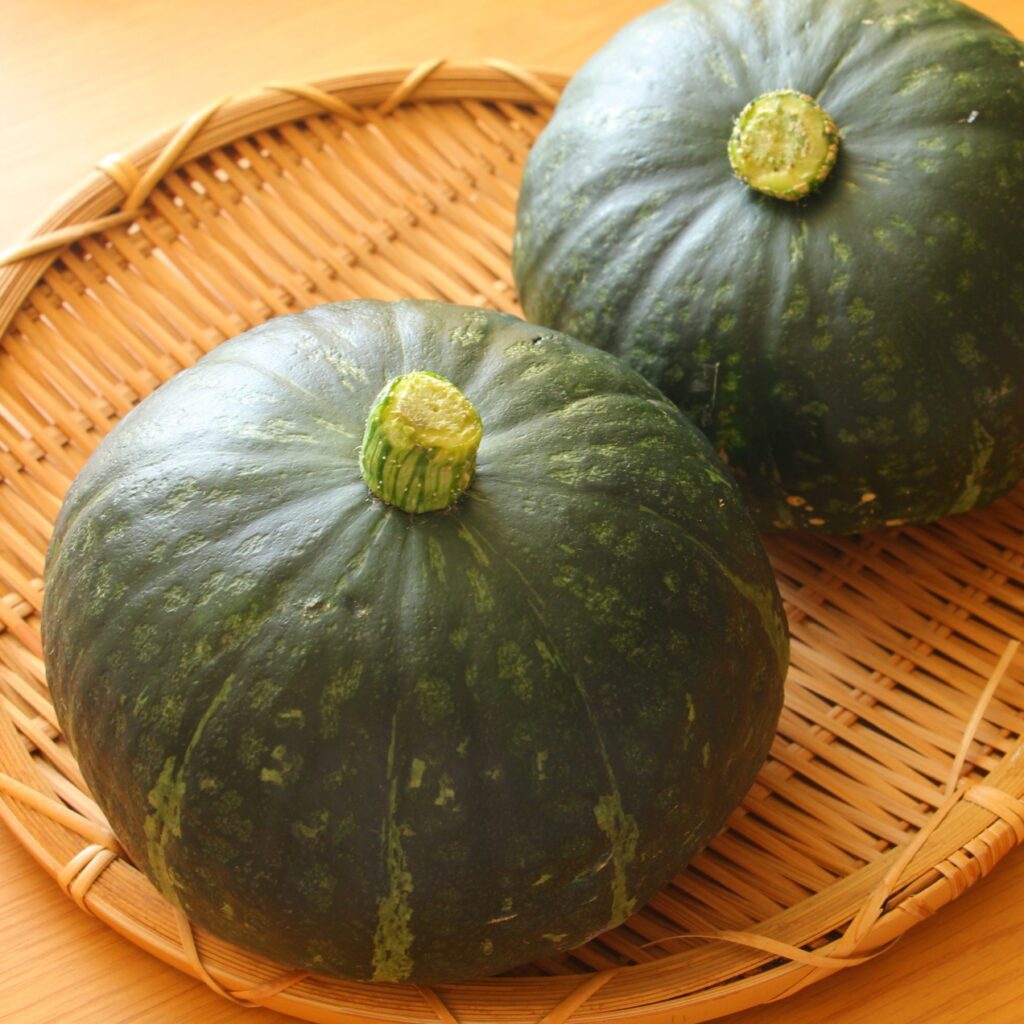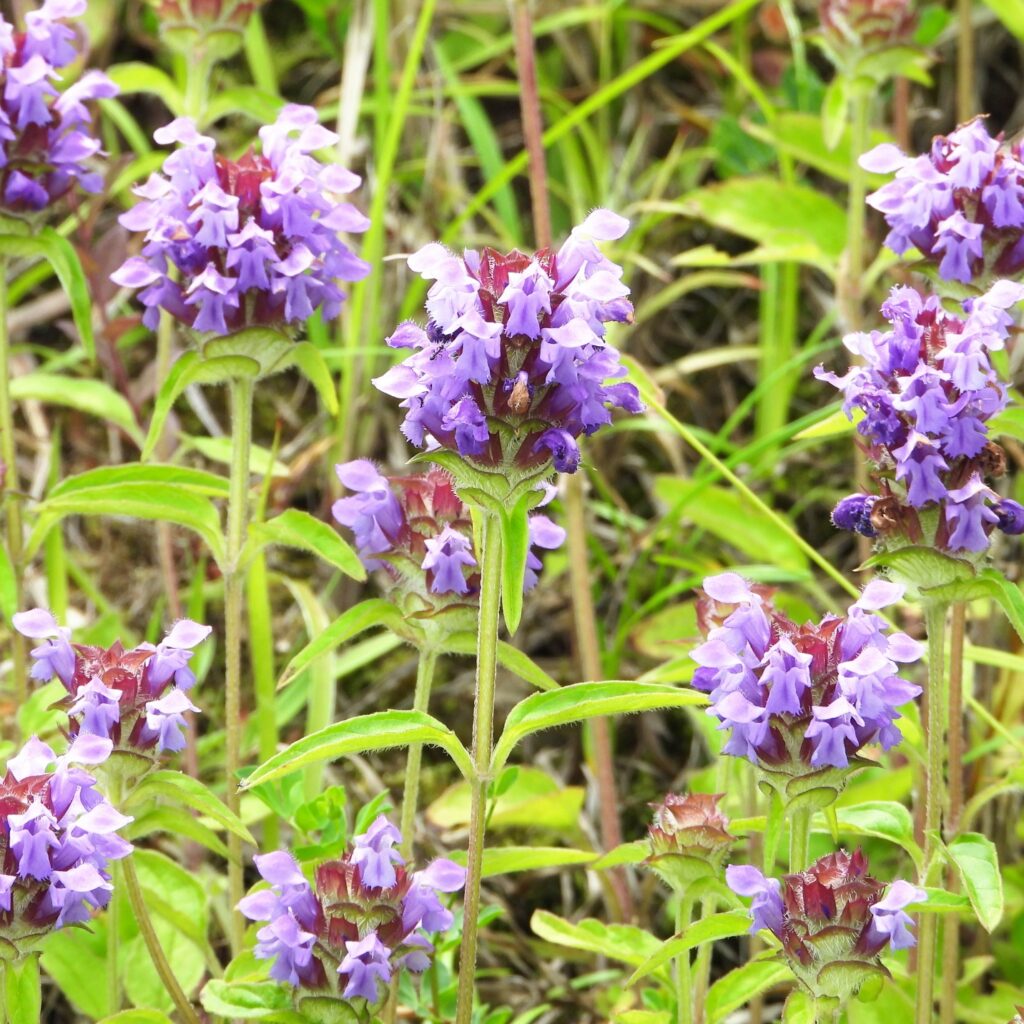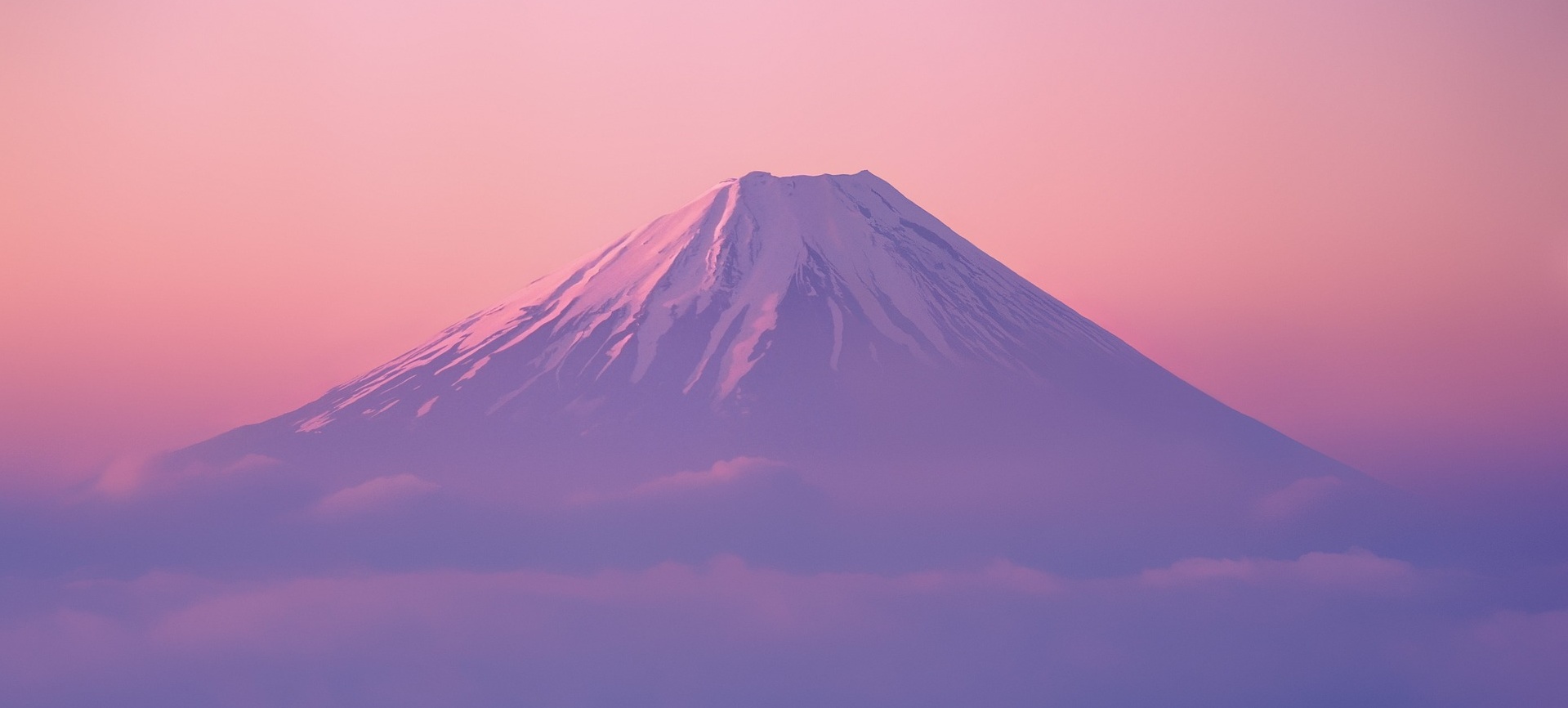2023年12月22日から12月26日の暦/From Dec. 22nd to Dec.26th
二十四節気(にじゅうしせっき)は冬至(とうじ)
七十二候(しちじゅうにこう)は乃東生(なつかれくさしょうず)
24 Solar Terms is Touji. Winter Solstice.
72 pentads is Natsukarekusa-syouzu. Daitou, that is also called Kakosou begins to grow.
「冬至」といえば、やはり南瓜(かぼちゃ)と柚子湯(ゆずゆ)でしょう。
When you think of “Winter Solstice,” you think of pumpkins and yuzu bath.
夏から初秋に収穫される南瓜。その旬、美味しく食べられる時期は、収穫から2、3ヶ月寝かせた秋から冬なのだそうです。
そもそも、新鮮な野菜を手に入れづらい冬の時季に行う祭りのお供えの意味をもつ「冬至南瓜(とうじかぼちゃ)」保存がきき、栄養豊富な南瓜(かぼちゃ)をこの時期に口にすることで、風邪を予防するとして「冬至に南瓜を食べる」ようになったとか。
Pumpkins are harvested from summer to early fall. Apparently, the best time to eat them is from autumn to winter, when they are left to rest for two to three months after harvest.
In the first place, “Winter Solstice Pumpkin” has the meaning of an offering at a festival held during the winter season when fresh vegetables are difficult to obtain.It is said that “eating pumpkins on the winter solstice” has come to be believed to help prevent colds by eating pumpkins, which store well and are rich in nutrients.



また、柚子湯に入るのは柚子の香りで「邪気を祓う」意味もあり(端午の節句の菖蒲湯と同じ)さらに
人の生命力は太陽の巡りとともに循環し、夏に盛りを迎え、冬には衰えると考えられた。衰えた生命力は植物の力をもらって甦(よみがえ)らせなければならない。柚子湯に入ると、風邪をひかないというのは、この生命観のあらわれ。
日本の歳時記
と伝えられています。
In addition, taking a yuzu bath has the meaning of “purging away evil spirits” due to the scent of yuzu (same as the iris bath during the Boy’s Festival).
It was believed that human life force circulates with the rotation of the sun, reaching its peak in the summer and declining in the winter. The weakened vitality must be revived with the help of plants. The fact that you won’t catch a cold by taking a bath with yuzu is an expression of this view of life.




コメント